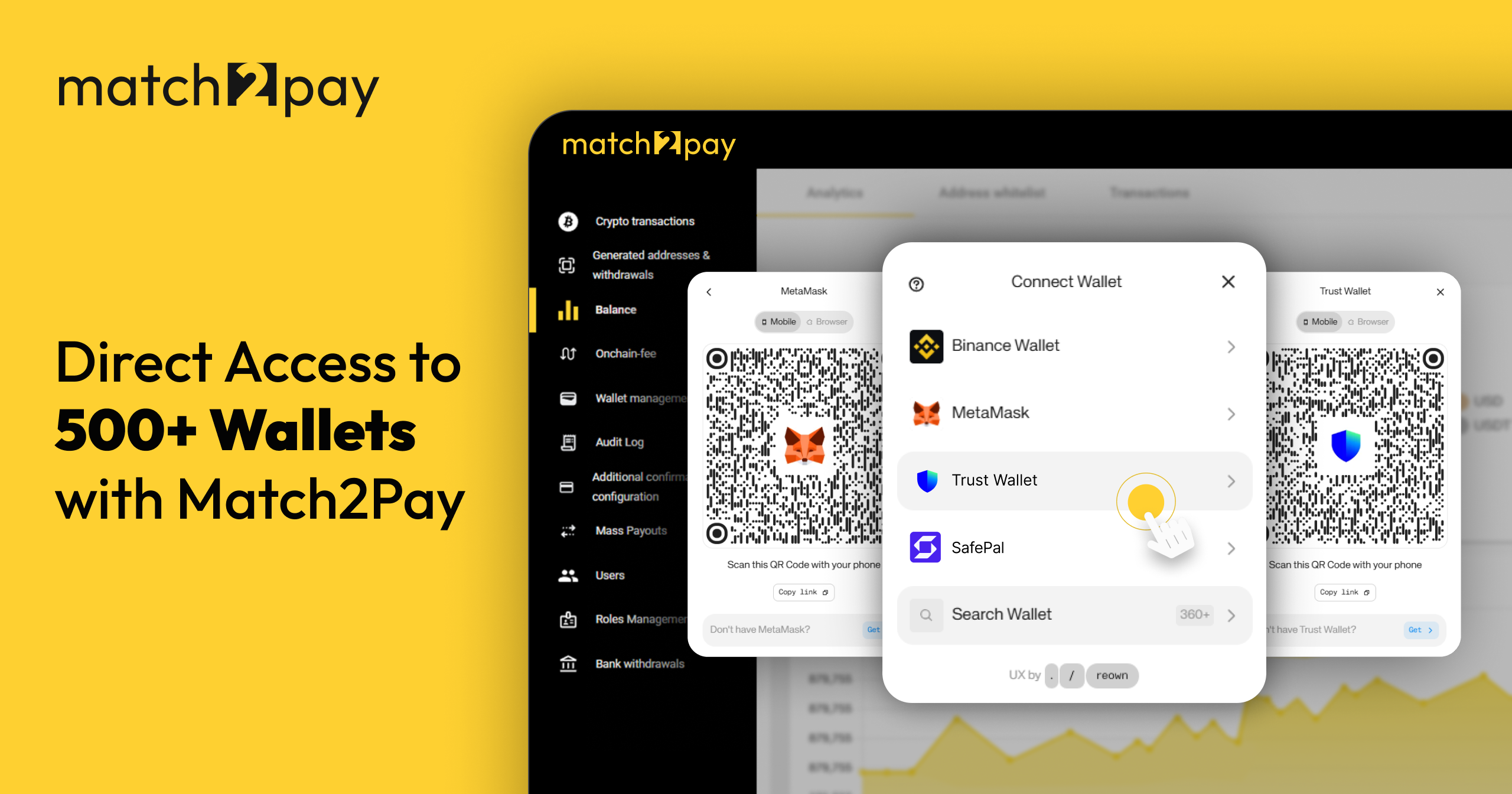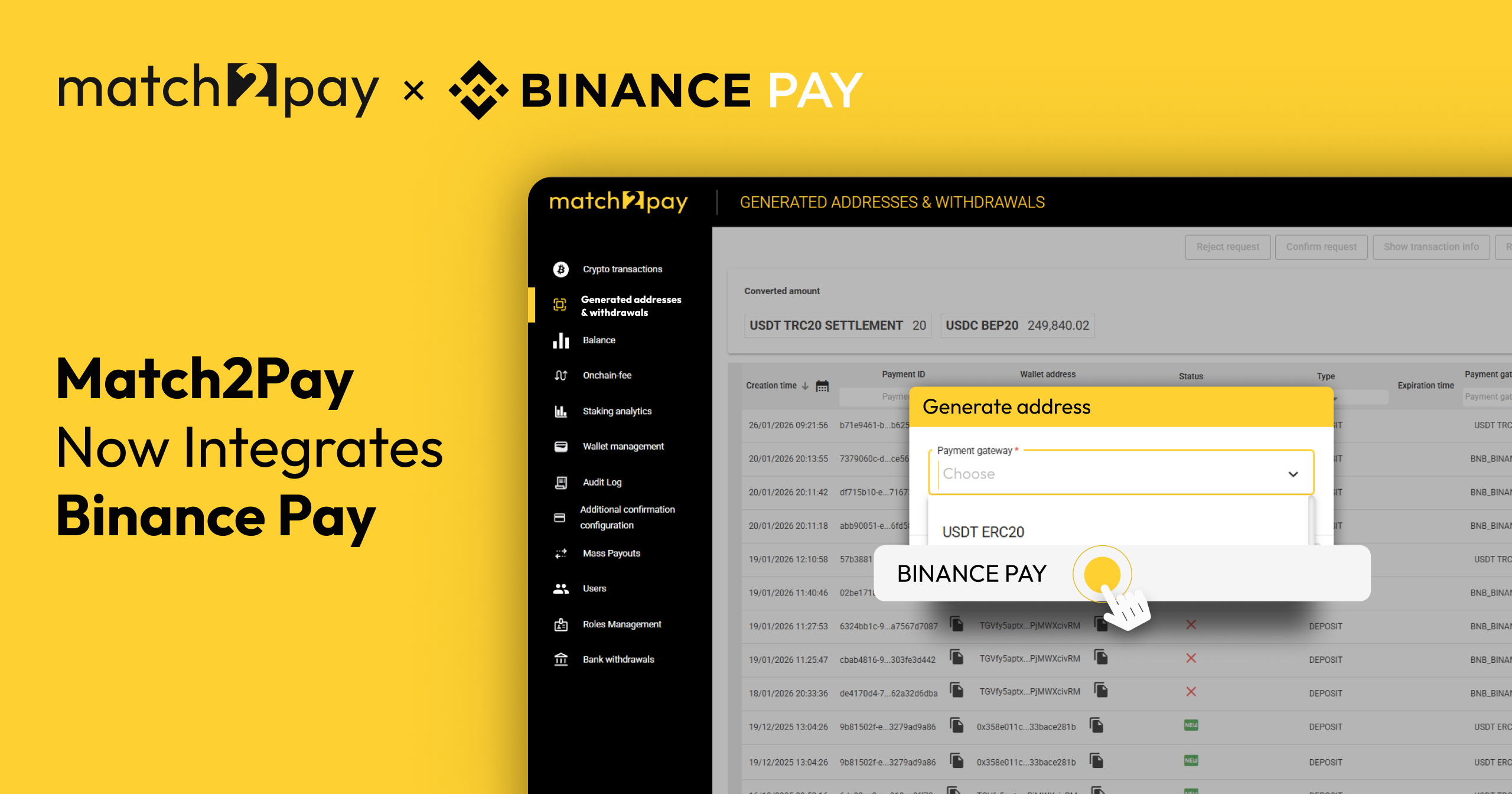Every year, chargebacks drain billions from businesses worldwide. Tied to traditional banking systems, they face steadily rising dispute rates and reversal processes that can surface months after the original transaction. Meanwhile, a new wave of merchants is discovering a payment method that eliminates chargeback risk entirely—giving them complete control over their revenue and customer relationships.
Chargebacks Explained
Chargebacks are forced transaction reversals initiated by buyers through their bank or credit card provider. Whether triggered by concerns about fraud, delivery failures or product quality disputes, each chargeback incident costs merchants between $20 and $150, while potentially damaging relationships with payment processors.
Cryptocurrency transactions offer a compelling alternative through blockchain technology. Unlike traditional payment methods, they:
- Are irreversible once confirmed
- Operate without centralised oversight
- Provide transparent, cryptographically secured records
- Can’t be altered, deleted or reversed by any party—including the sender, recipient or the network itself
Reducing Chargebacks and Disputes with Crypto Processing
Cryptocurrency payments offer businesses a powerful shield against chargebacks, one of the most costly headaches in traditional payment processing. Once a transaction is validated through consensus protocols—such as Proof of Work (PoW) or Proof of Stake (PoS)—and added to the blockchain, it becomes permanent.
This completely removes the need for the traditional chargeback process, protecting merchants from potential disputes. When issues do arise, buyers and sellers resolve them directly rather than through rigid external bank processes. In this way, the blockchain network becomes a single source of truth visible only to authorised parties.
Blockchain Payment Irreversibility for Fraud Prevention
The blockchain’s irreversible nature creates an unbreakable defense against chargeback fraud. Once a transaction is confirmed, no central authority can step in to reverse it, which immediately eliminates one of fraudsters’ most frequently used tactics. This prevents the classic “friendly fraud” scenario, where dishonest customers receive their goods, then claim the transaction was unauthorised to get their money back through chargebacks.
Key fraud prevention features with crypto processing:
- Transaction history is permanently visible to the entire network, making it impossible to hide suspicious activity or alter records after the fact
- Automated systems monitor transactions as they happen, flagging or blocking payments that don’t meet security criteria before they’re confirmed
- Once written to the blockchain, records can’t be changed whether accidentally or intentionally, eliminating risks from human error or insider manipulation
- Cryptocurrency transactions require private keys that are far more secure than easily compromised credit card data
- Blockchain technology can enforce predefined rules and use consensus mechanisms to automatically resolve disputes or facilitate agreements between parties
Crypto Processing: No More Third-Party Payment Networks
Instead of routing transactions through banks, clearinghouses and card networks—each adding chargeback fees and processing time—crypto enables direct peer-to-peer transfers that settle in minutes, not days. This delivers substantial cost savings, especially for international payments where legacy systems typically impose high charges and unfavourable exchange rates.
Since crypto operates 24/7 from anywhere with internet access, businesses can process payments instantly, regardless of banking hours or geographic restrictions. Additionally, smart contracts coded on the blockchain can automate the payment process without requiring manual or third-party intervention, making traditional payment networks increasingly unnecessary for many transactions.
Empower Your Business with Crypto Payment Solutions
Cryptocurrency processing has shifted the power dynamic in buyer-seller relationships. The blockchain’s immutable ledger creates a payment environment where businesses regain control over their revenue streams, free from the unpredictable costs and administrative burdens of traditional banking systems. This technology represents more than just payment innovation—it’s a strategic tool that transforms financial liability into a competitive advantage, allowing companies to operate with greater security, transparency and reduced overhead in an increasingly digital economy.
Want to find out more about cryptocurrency payment processing? Contact the Match2Pay team!




 (TRC20)
(TRC20) (BEP20)
(BEP20)